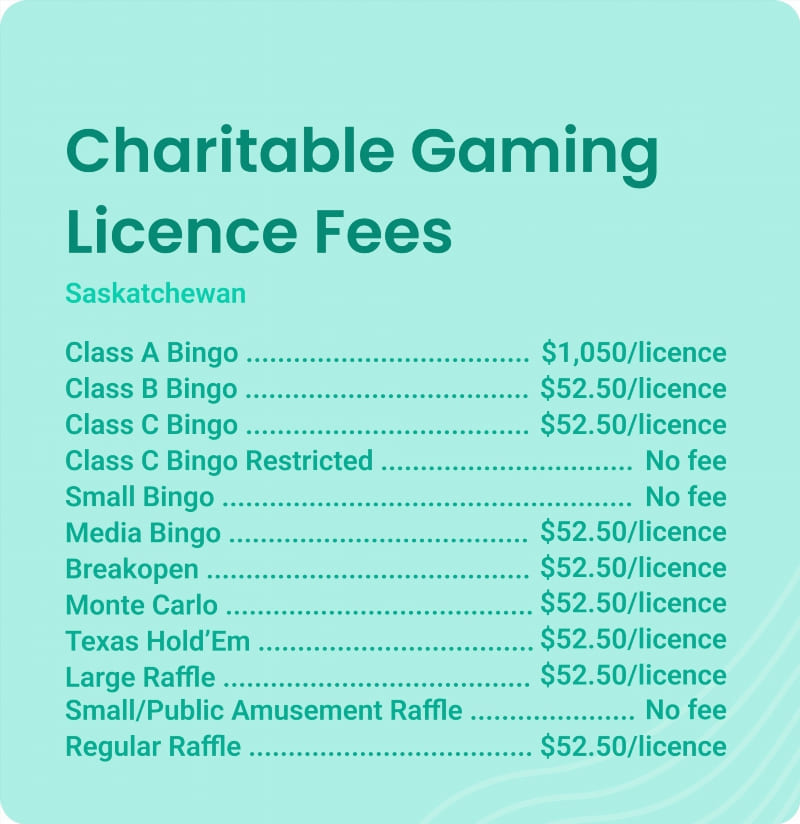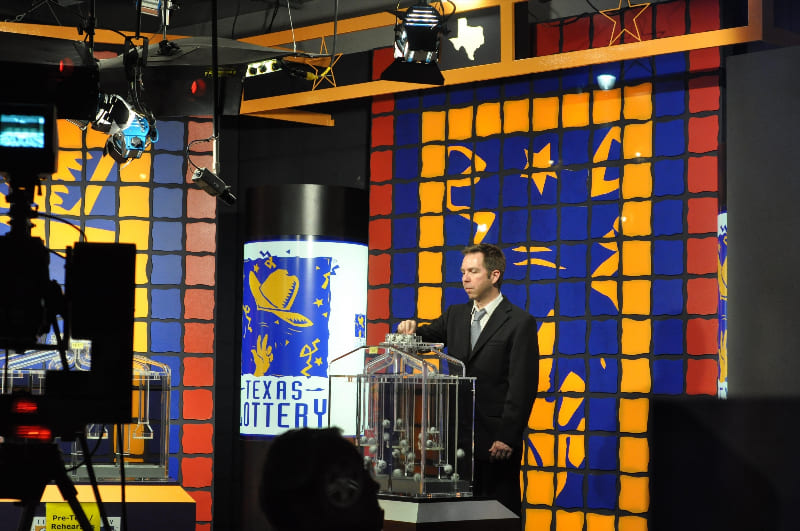
When people hear the word “lottery”, many things come to mind – dreams of striking it rich, the thrill of scratching off that final number, or even the idea of investing in something bigger than oneself. Yet, beneath the shimmering allure of this game of chance lies an intricate system of regulations, ensuring that everything operates within legal boundaries. In Saskatchewan, this system is fortified by the need for a lottery license. But what exactly does acquiring a lottery license in Saskatchewan entail? Let’s delve deep into the process, the significance, and the role it plays in our community.
Understanding the Need for a License
“Easy come, easy go,” they say, but when it comes to organizing a lottery in Saskatchewan, it’s not that straightforward. The need for a license stems from a desire to ensure transparency, fairness, and to protect participants.
- Transparency: The process ensures that lottery operations are open to scrutiny. This means no hidden rules or shady practices.
- Fairness: With strict regulations in place, everyone gets an equal shot at winning. The game isn’t rigged in anyone’s favor.
- Protection: A licensed lottery safeguards the participants from scams, ensuring that their money is being used for its intended purpose.
Navigating the Application Process
Before you dive headfirst into the world of lotteries, here’s a run-through of the process:
- Eligibility Check: First things first, you need to be eligible. In Saskatchewan, only non-profit and charitable organizations can apply for a lottery license. This ensures that the proceeds from the lottery are used for a noble cause.
- Documentation: Gather all necessary documents, which often include a detailed plan of how the lottery will be conducted, financial statements, and proof of non-profit status.
- Submit Application: Once everything’s in place, submit the application to the Saskatchewan Liquor and Gaming Authority (SLGA). This body is responsible for reviewing and approving applications.
- Pay the Fee: Like with many official procedures, there’s a fee involved. This varies based on the type of lottery and its scale.
- Await Approval: After submitting, it’s a waiting game. The SLGA will review the application and either approve or deny the license.
Complying with Regulations
It’s not enough to just obtain a license; you’ve got to play by the rules! Saskatchewan’s lottery regulations might seem tedious, but they’re essential for maintaining integrity. Some of the key guidelines include:
- Properly maintaining financial records and being open to audits.
- Ensuring that lottery advertisements are not misleading.
- Distributing prizes as advertised.
- Making sure that the majority of the proceeds go towards charitable causes.
Lottery License: More than Just Red Tape
While the process might seem peppered with hurdles, it’s essential to view a lottery license in Saskatchewan as more than just bureaucratic red tape. It’s a testament to an organization’s commitment to transparency, fairness, and societal contribution. Every time a participant buys a lottery ticket, they’re not just taking a shot at luck; they’re investing in the community’s betterment.
FAQ
Q: Can individuals apply for a lottery license in Saskatchewan?
A: No, only non-profit and charitable organizations are eligible.
Q: What happens if regulations aren’t adhered to?
A: Non-compliance can lead to penalties, including fines and license revocation.
In the grand scheme of things, while dreaming of that jackpot win, it’s comforting to know there’s a system ensuring things run smoothly. It’s not just about the thrill of the game, but also about giving back to society, and Saskatchewan’s lottery license system ensures just that. Whether you’re an organizer or a participant, there’s a slice of responsibility and integrity in every ticket.
What’s the Real Deal Between a Raffle and a Lottery?

At first blush, raffles and lotteries might seem like two peas in a pod. I mean, they’re both games of chance, right? But, hold your horses! When you scratch beneath the surface, there’s more to it than meets the eye.
Both these games have their roots in the thrill of uncertainty and the potential for a windfall. Yet, there are stark differences in how they operate. Let’s break it down, shall we?
Raffles:
- Typically organized by non-profit organizations.
- The number of tickets is often limited, so odds can be more favorable.
- Prizes can range from small knick-knacks to big-ticket items like cars.
- Ticket sales often go towards supporting a charitable cause.
Lotteries:
- Usually state or government-run, but boy, it’s a big business.
- Odds are, well, not always in your favor given the vast number of participants.
- Prizes? Think cash, and often, heaps of it.
- Revenues can go into public welfare or other state projects.
So, the next time someone tosses around the words ‘raffle’ and ‘lottery’ interchangeably, you can jump in with, “Ahem, did you know…?” Knowledge is power, after all! And now, you’re armed and ready.
The Nitty-Gritty of an Elimination Draw
Ever heard the phrase “last man standing”? Well, if you’ve ever been part of an elimination draw, that idiom might ring a bell. This intriguing game of chance isn’t just about the luck of the draw; it’s a rollercoaster of emotions, nail-biting moments, and the sheer thrill of survival. Let’s take a deep dive into what it’s all about.
Elimination What-now?
Alright, let’s get down to brass tacks. An elimination draw, often labeled as a “reverse raffle”, is a game where participants are drawn out one-by-one. Sounds simple, right? But here’s the twist: you don’t want your name to be called! Yep, it’s an upside-down world. The aim is to remain undrawn until the very end. The last person or ticket that remains is the winner. It’s a classic case of ‘saving the best for last’.
How It Works
Imagine you’re at a shindig, and there’s an elimination draw taking place. Here’s the play-by-play:
- Buy-in: Just like any other raffle or lottery, you buy a ticket to participate.
- The Draw Begins: Names or ticket numbers are drawn at random.
- Sorry, You’re Out!: If your ticket gets drawn, you’re out of the game. Better luck next time, champ!
- Down to the Wire: The tension mounts as fewer tickets remain. Everyone’s on tenterhooks, praying their number isn’t called next.
- The Last One Standing: The final undrawn ticket is the winner. Talk about a suspenseful climax!
Why the Hype?
You might be wondering, “Why would anyone get a kick out of NOT being chosen?” Well, it’s all about the thrill of the chase! An elimination draw:
- Offers a unique twist on traditional raffles.
- Builds suspense and excitement as it progresses.
- Engages participants till the very end.
Making It Interesting
While the basic premise remains consistent, organizers often throw in a few curveballs to keep things spicy. For instance:
- Consolation Prizes: Just because you’re out doesn’t mean you walk away empty-handed. Some elimination draws offer consolation prizes along the way.
- Buying Back In: Lost too soon? Some games offer a chance to buy back into the draw, giving you a second shot at glory.
- Final Negotiations: When down to the last few tickets, participants sometimes negotiate to split the prize rather than leaving it all to chance.
In a Nutshell
An elimination draw isn’t your run-of-the-mill raffle. It’s a game where you cheer for what doesn’t happen rather than what does. It’s the hope that your name remains in the shadows, lurking, waiting for its moment of glory. So, if you’ve got a taste for the unconventional and a penchant for suspense, this might just be your cup of tea. Roll the dice, take the plunge, and may the odds be ever in your favor!

No Responses